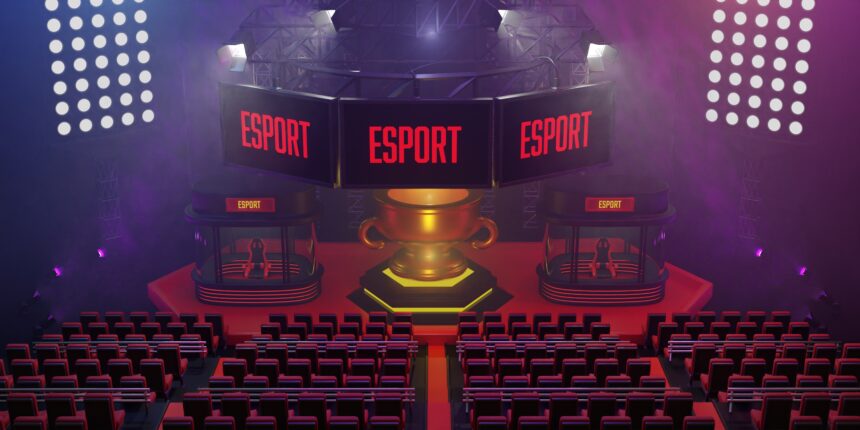In recent years, the gaming industry has witnessed a remarkable rise in the popularity of Non-Fungible Tokens (NFTs). NFTs are unique digital assets that can represent ownership of a particular item or piece of content. From digital artwork to virtual real estate, NFTs have expanded their presence into the gaming world, offering new opportunities for players, developers, and eSports teams. In South Africa, the emergence of NFTs has opened doors for the growth of eSports teams and the creation of valuable digital assets.
The South African gaming scene has been gaining momentum, with a growing number of players and teams competing in various eSports tournaments. However, the industry still faces challenges, such as limited financial resources and difficulty in building sustainable eSports organizations. This is where NFTs can make a significant impact.
One of the key advantages of NFTs in gaming is the ability to tokenize in-game items and assets. In traditional gaming, players often invest time and effort into acquiring rare or valuable items, such as skins, weapons, or virtual collectibles. With NFTs, these items can be tokenized and traded on blockchain platforms, allowing players to truly own and monetize their digital possessions.
For South African eSports teams, this opens up avenues for revenue generation and team development. By creating and selling NFTs representing team memorabilia, jerseys, or even digital player cards, teams can engage with fans and supporters on a whole new level. Fans can collect and trade these unique assets, while also supporting their favorite teams financially. This provides a sustainable source of income for eSports organizations, enabling them to invest in better training facilities, equipment, and player salaries.
Moreover, NFTs can also enable the creation of player-driven economies within games. South African eSports teams can leverage this by partnering with game developers to integrate NFTs into the in-game economy. Players can earn or purchase NFTs representing exclusive in-game items, avatars, or skills. These NFTs can then be traded on digital marketplaces, allowing players to generate income while enhancing their gaming experience.
The integration of NFTs into South African eSports teams and assets can also foster a sense of community and ownership among players and fans. By owning digital assets associated with their favorite teams, fans feel a deeper connection and involvement. This sense of ownership can be further enhanced by allowing fans to participate in team decision-making processes or granting exclusive privileges to NFT holders, such as meet-and-greets with players or access to behind-the-scenes content.
However, it is essential to address some potential challenges and risks associated with NFTs. One significant concern is the environmental impact of blockchain technology, which powers NFT transactions. South African eSports teams and developers must prioritize the use of eco-friendly blockchain platforms to minimize carbon footprints.
Additionally, there is a need for proper regulation and guidelines to protect players and fans from fraud or scams in the NFT market. South African gaming authorities and industry leaders should collaborate to establish best practices and ensure the transparency and security of NFT transactions.
In conclusion, NFTs present a promising opportunity for the growth and development of South African eSports teams and assets. By tokenizing in-game items, creating player-driven economies, and fostering fan engagement, NFTs can revolutionize the South African gaming industry. With the right infrastructure, regulations, and responsible practices, NFTs have the potential to bring about a new era of sustainable eSports teams, empowered players, and passionate communities in South Africa.










